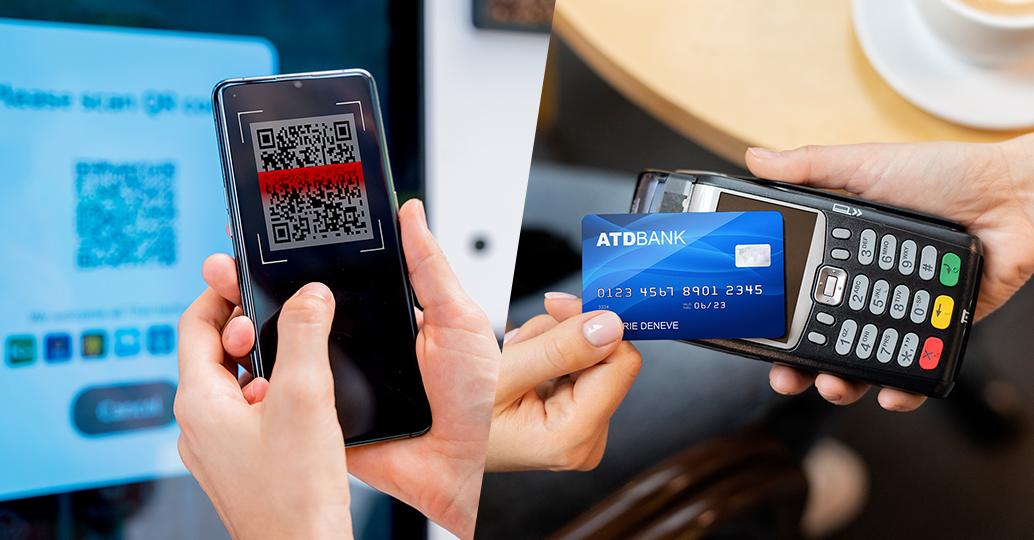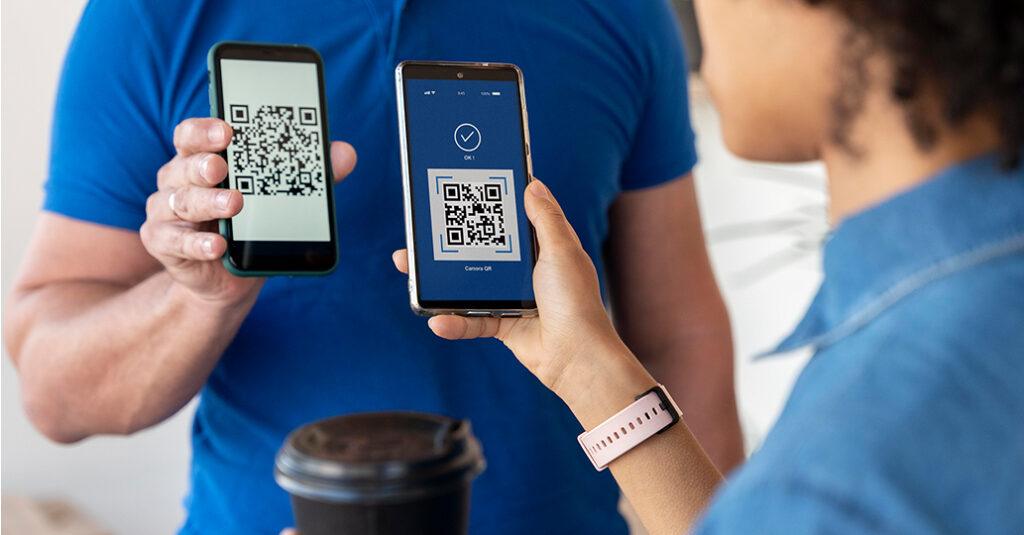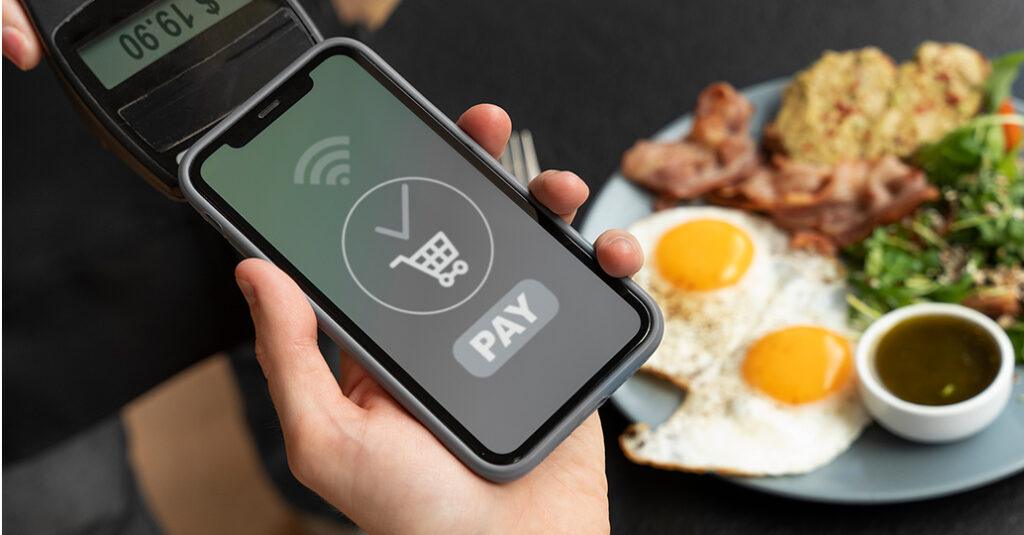
E-Wallets vs. Credit Cards: What Malaysian SMEs Should Know in the Age of Digitalisation
Digital payments are no longer optional—they are a necessity. In Malaysia, both e-wallets and credit cards have become integral to how businesses and consumers handle transactions. But for retail owners and SMEs, the question remains: which is the smarter option to support daily operations, financial compliance, and customer satisfaction?
This decision is especially important as Malaysia Digitalisation accelerates, reshaping the way payments are processed, tracked, and managed. For many businesses, the right choice can reduce operational stress, support growth, and keep them in line with regulatory requirements such as E-Invoicing in Malaysia.
The Rise of Digital Payments in Malaysia
The past five years have seen remarkable growth in digital payment adoption. From small hawker stalls to established retail chains, Malaysians are now comfortable tapping their phones or cards to complete purchases.
The government has played a role by promoting Malaysia Digitalisation through various incentives, ensuring that even micro and small businesses can embrace cashless solutions. This momentum is unlikely to slow down in 2025, making the debate between e-wallets and credit cards more relevant than ever.
How E-Wallets Work
E-wallets allow users to load funds into a mobile app, linking directly to bank accounts or debit cards. For consumers, they provide convenience and instant access. For merchants, they ensure faster checkouts and direct integration with digital tools.
Benefits of E-Wallets for SMEs in Malaysia:
- Lower Barriers to Entry: Easy to set up with minimal hardware.
- Customer Loyalty Integration: Many e-wallets come with cashback or reward programmes.
- Faster Transactions: Real-time payments without the delays sometimes associated with card settlements.
- Support for Small Transactions: Ideal for micro-purchases such as F&B or convenience retail.
How Credit Cards Work

Credit cards remain the backbone of modern commerce. They provide not only convenience but also financing options for both businesses and consumers.
Benefits of Credit Cards for SMEs in Malaysia:
- Deferred Payments: Buyers can spread out payments, encouraging higher spending.
- Global Acceptance: Credit cards are universally recognised, supporting businesses with international customers.
- Fraud Protection: Many cards come with strong built-in security and dispute resolution.
- Transaction History: Detailed statements that support audits, reconciliation, and compliance.
Comparing E-Wallets and Credit Cards
Choosing between e-wallets and credit cards depends on what matters most to your business.
| Feature | E-Wallets | Credit Cards |
|---|---|---|
| Setup Cost | Low, minimal hardware required | Medium, requires terminal/device |
| Settlement Speed | Near-instant | 1–3 business days |
| Customer Loyalty | Cashback and reward tie-ins | Points, miles, and partnerships |
| Compliance | Easy integration with digital platforms | Strong reporting for audits |
| Acceptance | Growing locally in Malaysia | Global, cross-border support |
As Malaysia Digitalisation deepens, many retailers find that offering both options provides the flexibility customers demand while balancing internal financial needs.
Addressing Compliance and Growth
For SMEs, payment methods aren’t just about convenience—they tie directly into regulatory compliance. With the rollout of E-Invoicing in Malaysia, both e-wallets and credit cards can play a role in automating transaction records.
- E-wallets: Often come with built-in digital receipts that integrate with accounting software.
- Credit cards: Provide detailed monthly statements that support reconciliation and audit processes.
Both options, when linked to a unified retail management system, can reduce manual paperwork and help retailers stay compliant.
Practical Tips for Retailers
If you’re deciding which payment method to prioritise in your store, consider these steps:
- Know Your Customers: Younger demographics often prefer e-wallets, while older customers may still rely on credit cards.
- Analyse Costs: Compare transaction fees between providers and understand their impact on your margins.
- Stay Compliant: Choose providers that align with national standards and digital tax systems.
- Offer Both Where Possible: A hybrid approach ensures flexibility and maximises customer satisfaction.
- Leverage Incentives: Keep an eye on government programmes supporting Malaysia Digitalisation, which can reduce adoption costs.
Common Myths About Digital Payments

- “E-wallets are only for small businesses.”
Not true—many large retailers in Malaysia now integrate e-wallet payments alongside cards. - “Credit cards are outdated with e-wallets around.”
Credit cards remain essential, especially for larger purchases or international transactions. - “Compliance is harder with digital payments.”
In fact, digital methods often simplify compliance through automatic records and reporting.
FAQs on E-Wallets vs. Credit Cards
- How does Malaysia Digitalisation affect SMEs choosing between e-wallets and credit cards?
It drives adoption of both systems, ensuring businesses can remain competitive and compliant while meeting customer expectations. - Which is safer: e-wallets or credit cards?
Both offer strong security. Credit cards have established fraud protection, while e-wallets rely on app-based encryption and biometric authentication. - Do e-wallets help with E-Invoicing in Malaysia?
Yes, many e-wallets automatically generate transaction records that integrate into accounting systems, easing compliance. - Should retailers offer both e-wallets and credit cards?
Yes, providing multiple payment options caters to a wider audience and enhances customer satisfaction. - What incentives exist in Malaysia for adopting digital payments?
SMEs can tap into government programmes and industry partnerships designed to accelerate Malaysia Digitalisation.
Final Thoughts
For Malaysian retailers, the choice between e-wallets and credit cards is not about replacing one with the other—it’s about striking the right balance. Both have unique strengths that support compliance, customer engagement, and operational efficiency.
As Malaysia Digitalisation continues to reshape the financial landscape, businesses that embrace multiple payment methods will be better positioned for growth. Whether you’re a small retailer or a growing SME, the key is to stay flexible and future-ready.
Learn how you can integrate smarter payment solutions for your business at https://www.paidchain.my.
